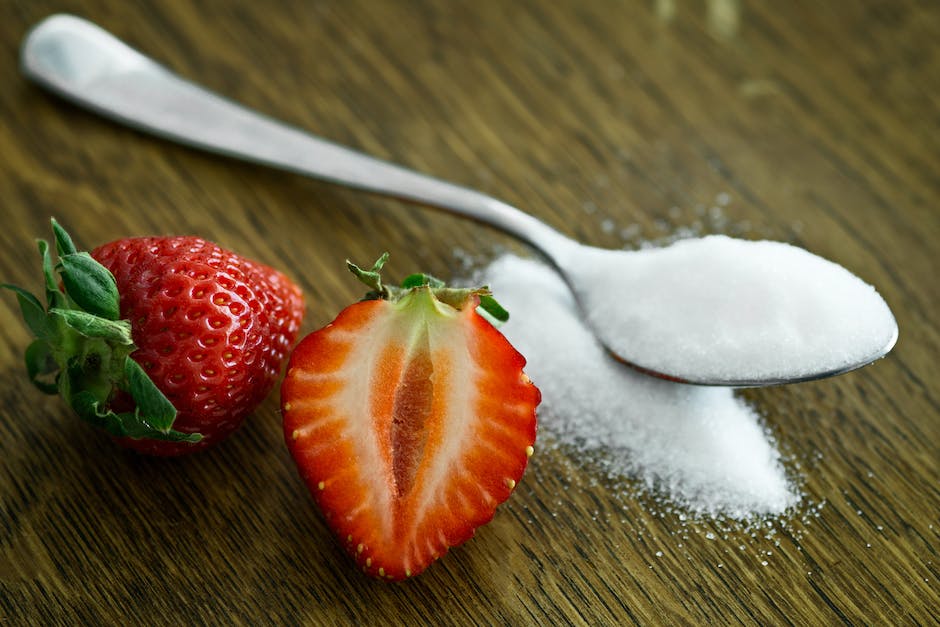Brown Sugar vs White Sugar: Unveiling the Sweet Truth
When it comes to sweetening your favorite dishes, the choice between brown sugar and white sugar can be a puzzling decision. Both are staples in the kitchen, but what sets them apart? In this comprehensive guide, we’ll delve into the world of sugars, answering your burning questions and exploring the differences that could influence your culinary choices. Whether you’re a baking enthusiast or simply looking to make more informed dietary decisions, this article will provide you with the sweet insights you need.
Introduction: The Sweet Debate
Sugar is an essential ingredient in many recipes, from the cakes that grace our celebration tables to the sauces that enhance our meals. However, the choice between brown sugar and white sugar is not just a matter of taste—it’s also about nutrition, texture, and how each type affects the final product. In this post, we’ll explore the nuances of brown sugar versus white sugar, helping you understand which might be the better option for your next kitchen adventure.
What is Brown Sugar?
The Composition of Brown Sugar
Brown sugar is essentially white sugar with the addition of molasses, which gives it its distinctive color and flavor. The amount of molasses determines whether the brown sugar is light or dark, with dark brown sugar containing a higher concentration. This addition not only impacts the taste but also the moisture content, making brown sugar more clumpy and moist compared to its white counterpart.
The Benefits of Brown Sugar
- Flavor Profile: Brown sugar imparts a rich, caramel-like flavor that can enhance the taste of baked goods and savory dishes alike.
- Moisture Content: Its higher moisture content can result in softer, moister baked goods.
- Nutritional Aspect: While brown sugar contains trace amounts of minerals due to the molasses, the nutritional difference is minimal.
What is White Sugar?
The Refinement Process
White sugar, also known as granulated sugar, is the result of a refinement process that strips away molasses from raw sugar crystals. This process yields sugar that is highly versatile and consistent in sweetness, making it a go-to choice for many recipes.
The Versatility of White Sugar
- Consistency in Baking: White sugar is prized for its ability to create a light and fluffy texture in cakes and cookies.
- Preservation: Its lack of moisture makes it ideal for preserving fruits and making syrups.
Nutritional Comparison: Is Brown Sugar Healthier?
The Nutritional Breakdown
One of the most commonly searched questions is whether brown sugar is healthier than white sugar. While brown sugar does contain small amounts of minerals like calcium, potassium, and magnesium due to the presence of molasses, the differences are not significant enough to impact your diet substantially. Both sugars are high in calories and should be consumed in moderation.
Dietary Considerations
- Caloric Content: Both brown and white sugar have similar caloric values.
- Glycemic Index: They also have similar effects on blood sugar levels.
Culinary Uses: When to Use Brown Sugar vs White Sugar
Baking and Cooking
The choice between brown and white sugar can affect the texture, color, and flavor of your dishes. Here’s when to use each:
- Brown Sugar: Ideal for recipes that require a moist, dense texture, such as cookies and gingerbread.
- White Sugar: Best for creating a light, crisp texture in recipes like meringues and sponge cakes.
Flavor Pairings
- Brown Sugar: Complements spices like cinnamon and nutmeg, making it perfect for spiced cakes and holiday treats.
- White Sugar: Its neutral sweetness pairs well with delicate flavors like vanilla and almond.
How to Substitute Brown Sugar for White Sugar (and Vice Versa)
Substitution Ratios
If you find yourself without one type of sugar, you can substitute them for each other using a 1:1 ratio. However, keep in mind that this may slightly alter the flavor and texture of your recipe.
Adjusting Recipes
- For a Moister Result: Use brown sugar in place of white sugar.
- For a Crisper Texture: Opt for white sugar when substituting for brown sugar.
Conclusion: Sweetening Your Knowledge
In the battle of brown sugar vs white sugar, the winner depends on your personal preference and culinary needs. While they may differ in flavor and moisture content, both sugars have their unique place in the kitchen. By understanding their characteristics and uses, you can make informed decisions that will elevate your cooking and baking to new heights. Remember, moderation is key, and no matter which sugar you choose, enjoying it as part of a balanced diet is the sweetest choice of all.


